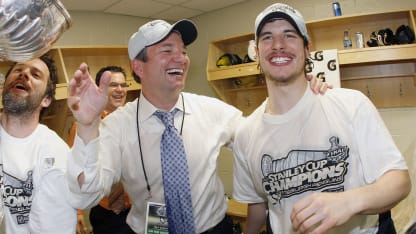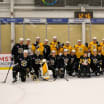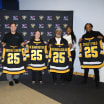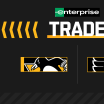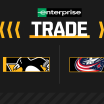Winning the first Stanley Cup of their careers with Ray Shero is a memory that Sidney Crosby, Evgeni Malkin and Kris Letang all cherish. But when they reflect back on their time with Shero, who died on Wednesday at age 62, how he treated them is what stands out the most. Shero helped them develop into the future Hall of Famers they are today with his guidance and support.
“I remember just being a young player and just how instrumental he was,” said Crosby, named Pittsburgh’s captain on May 31, 2007. Shero had worked with Crosby to give him that responsibility when he felt ready for it, just one example of how he made those guys felt comfortable and confident, encouraging them to take advantage of his open-door policy.
“For a young player, you're pretty intimidated to talk to the GM. But he made it a point to bring me in there sometimes, talk hockey, kind of tell me what he expected of us. Just someone who really empowered me personally, and I think us as a group. You could see what developed there.”
Malkin remembers Shero reaching out while he was in Russia and helping him get to the United States. In the 2006-07 season, Malkin’s first in the NHL, Kris Letang had a terrific training camp at 19 years old. The Penguins decided to give him some regular-season games for his development, and the defenseman remained in Pittsburgh for good the following year.
"When I came into the league, Ray gave me all the opportunity to become the player I am today. I'm really grateful for that,” Letang said. “Had the chance to win a Stanley Cup with him, also, so I only have great memories. I can only speak out to the gentleman he is and how great he's been to me.
“Ray did a pretty good job of taking care of us and making sure we came through into more of men, became adults and the person we are today. Obviously, it doesn't happen if you don't have a guy like this that cares about his players."

